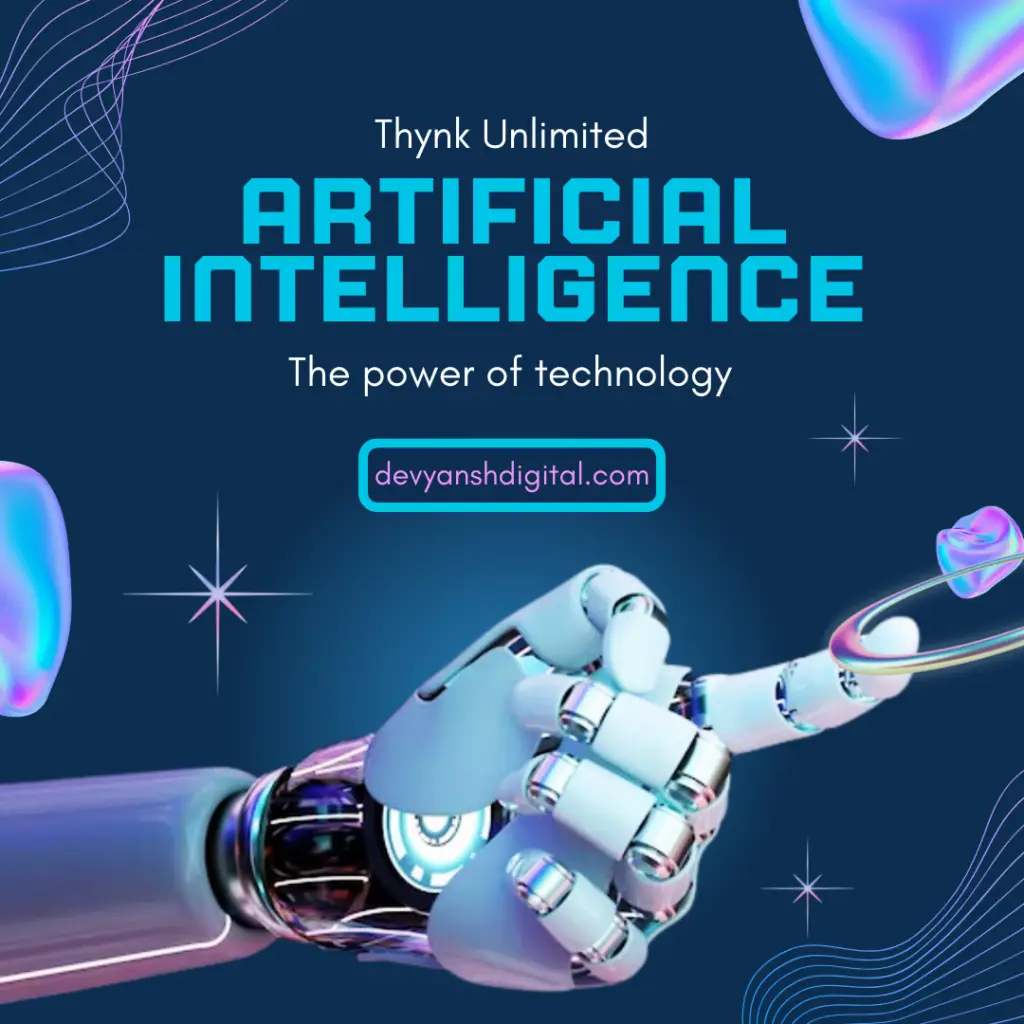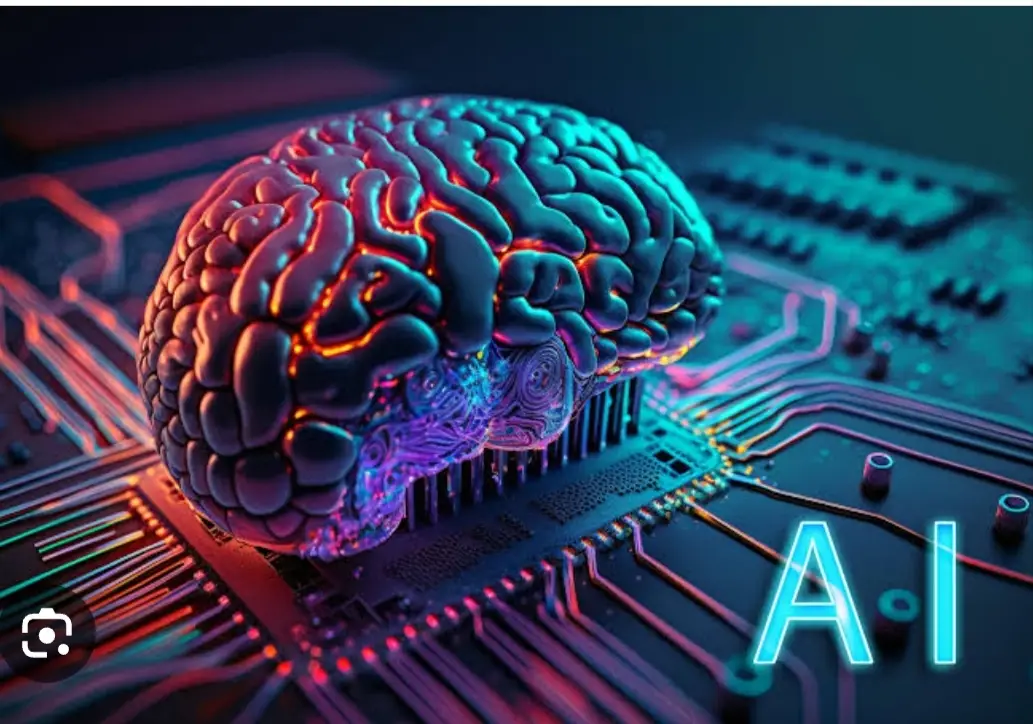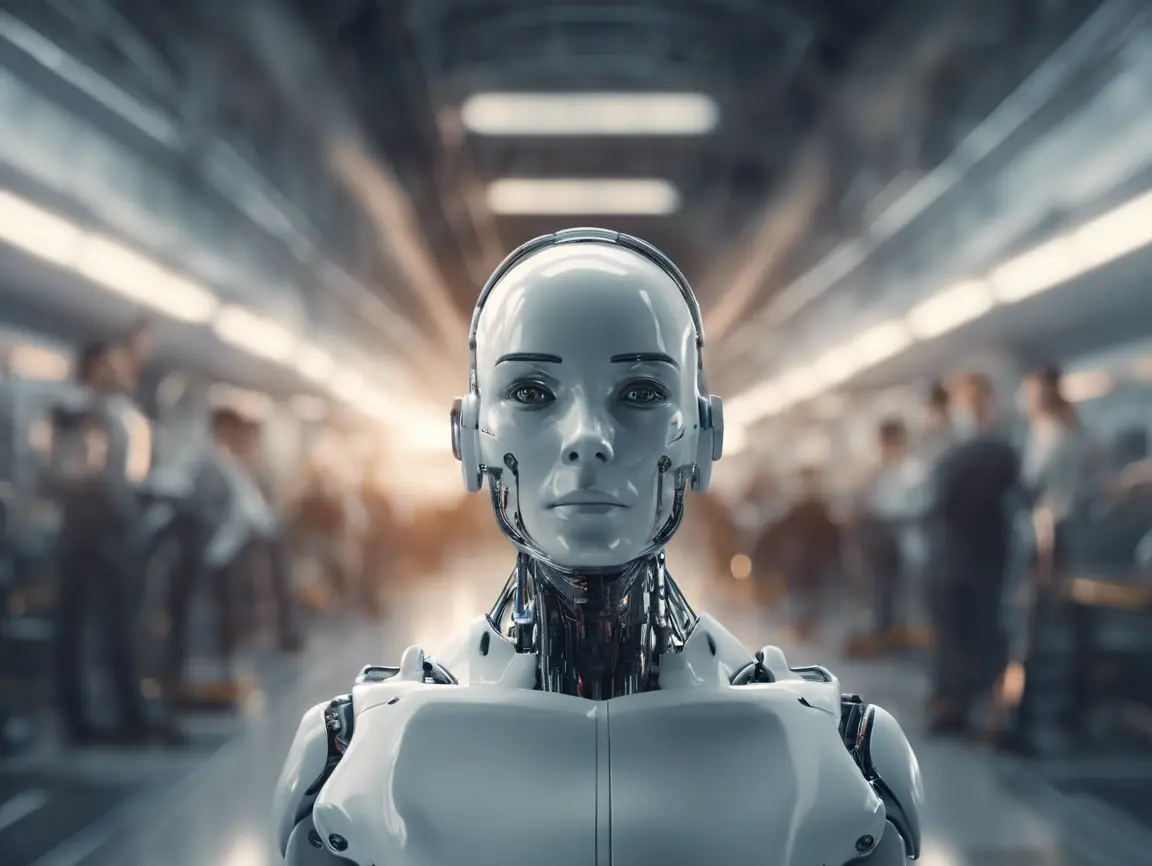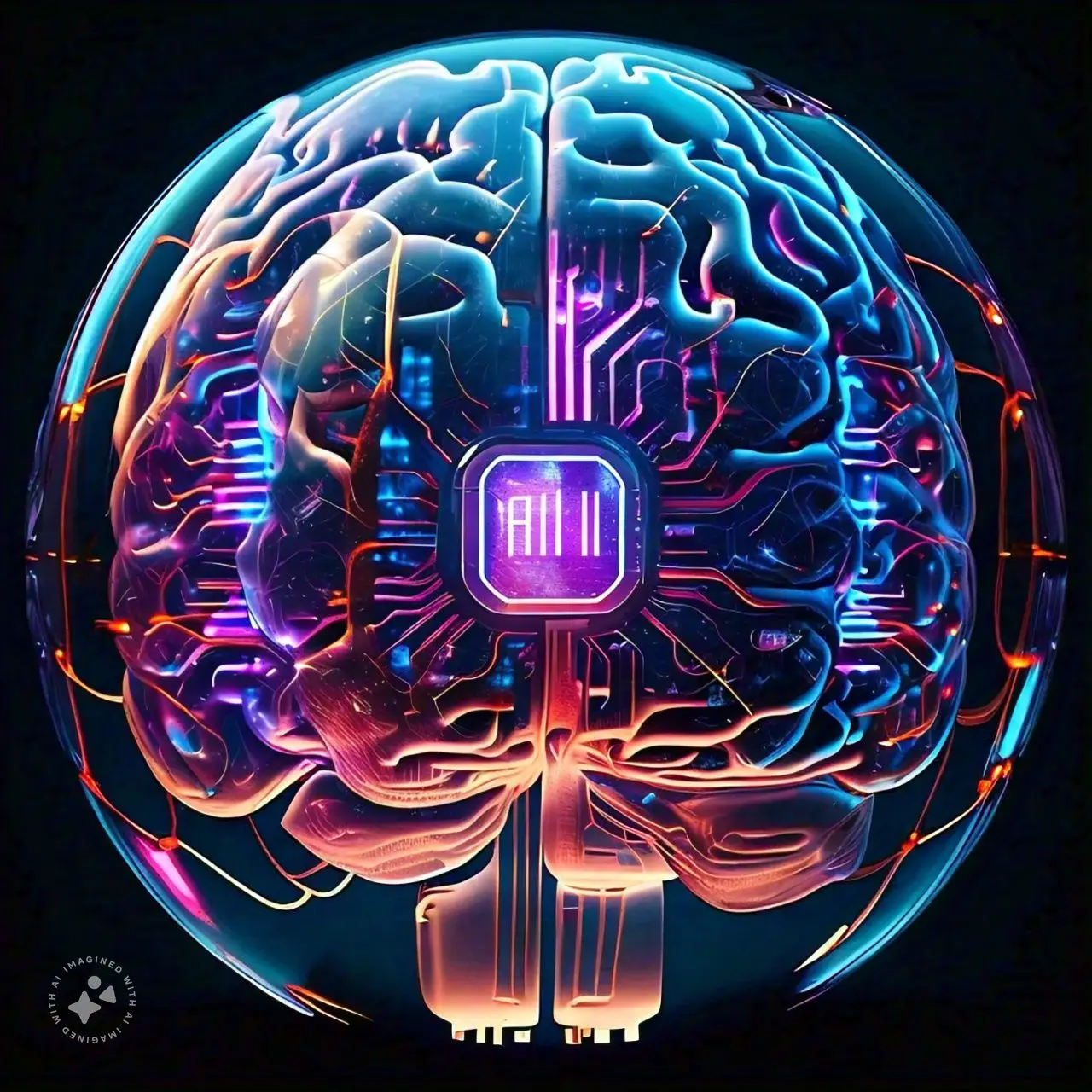Artificial Intelligence

Artificial Intelligence: Paving the Way to a Smarter Future
Artificial Intelligence (AI) is no longer just a buzzword confined to science fiction; it has firmly established itself as a transformative force across industries and societies worldwide. In recent years, AI has made remarkable strides, from powering personal assistants like Siri and Alexa to driving complex systems in healthcare, finance, and beyond. This blog explores the evolution, current landscape, and future potential of AI, shedding light on its profound impact and the ethical considerations it raises.

Explore the world of AI with us
Evolution of Artificial Intelligence
The concept of AI dates back to the mid-20th century when scientists began exploring the possibility of creating machines capable of intelligent behavior. The seminal work of Alan Turing and his Turing Test laid the groundwork for thinking about machines that could exhibit human-like intelligence. Early AI developments focused on rule-based systems and expert systems, where knowledge was encoded explicitly by programmers.
However, significant breakthroughs came with the rise of machine learning and neural networks. Machine learning algorithms enabled systems to learn from data and improve their performance over time without explicit programming. This shift marked a crucial turning point in AI development, leading to advancements in natural language processing, computer vision, robotics, and more.

Current Landscape of AI
Today, AI permeates various aspects of our daily lives, often in ways we may not fully realize. From personalized recommendations on streaming platforms to autonomous vehicles navigating our streets, AI systems are becoming increasingly sophisticated and integrated.
Applications of AI:
Healthcare: AI is revolutionizing healthcare by aiding in diagnostics, personalized treatment plans, and drug discovery. Machine learning algorithms analyze vast amounts of medical data to detect patterns and provide insights that can improve patient outcomes.
Finance: In finance, AI algorithms are used for fraud detection, algorithmic trading, and personalized financial advice. These systems can analyze market trends in real-time and make data-driven decisions faster than human traders.
Customer Service: Chatbots powered by AI are reshaping customer service by providing instant responses to inquiries, handling routine tasks, and freeing up human agents for more complex issues.
Education: AI-based tutoring systems can personalize learning experiences by adapting to individual student needs, tracking progress, and providing targeted feedback.
Smart Cities: AI plays a crucial role in optimizing traffic flow, managing energy consumption, and enhancing public safety in smart city initiatives around the world.
